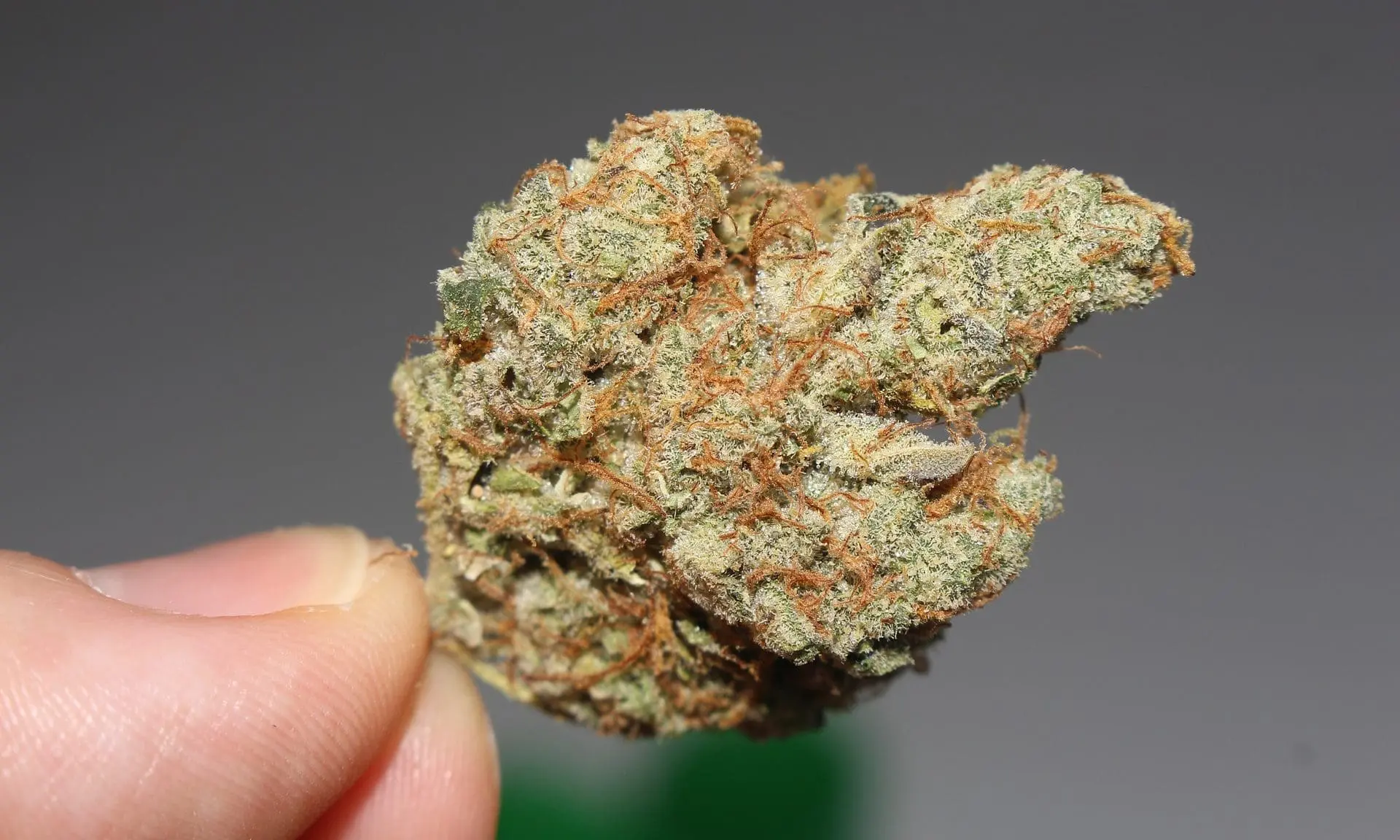Politics
Nearly 1 In 5 Young Adults Use Marijuana For Help Falling Asleep At Night, Study Shows

“A lot of seniors can’t sleep, and a lot of young people now are stressed out and they can’t sleep either.”
By Janelle D. James, Bridge Michigan
This story was originally published by Bridge Michigan, a nonprofit and nonpartisan news organization. To get regular coverage from Bridge Michigan, sign up for a free Bridge Michigan newsletter here.
Struggling to fall asleep, many young adults are reaching for marijuana or alcohol at bedtime, a University of Michigan study found.
U-M’s annual Monitoring the Future Panel study found that 22 percent of adults between the ages of 19 and 30 used either cannabis, alcohol or both to sleep.
Of the two, marijuana was more common, with 18 percent using the drug to fall asleep, compared to 7 percent of participants who used alcohol.
While advocates say cannabis can be a low-risk alternative to sleep medications, using drugs or alcohol for sleep could “backfire because they can interfere with the ability to stay asleep and with the quality of sleep,” said Megan Patrick, research professor at the Institute for Social Research at U-M.
“They appear to actually disrupt sleep in the long term. The fact that so many young adults reported that they use cannabis to sleep is alarming.”
Sleep deprivation, or the lack of sleep, is a common condition that many Americans experience, according to a study published in the National Library of Medicine. It is generally recommended that adults get between 7-9 hours of sleep per night. If not, it can lead to excessive daytime sleepiness.
Factors like excessive screen time before bed can prevent the brain from releasing melatonin, the “sleep hormone.”
People who work early morning or late night shifts tend to have a harder time falling asleep and generally get fewer hours of sleep, according to the study.
“Unfortunately, there is a misconception that substance use can be helpful for sleep problems, but it can make things worse,” Patrick said. “High-quality sleep is critical for mental health and regulating mood. Young adults told us that they are using cannabis to try to get to sleep, but doing so may make their sleep problems even worse. They need to know the potential risks.”
Cannabis as sleep aid
While medical experts warn that relying on substances to sleep can increase the risk of dependency or substance abuse, cannabis advocates argue that, when used responsibly and in the right doses, the drug can offer real benefits for those struggling to fall asleep naturally.
Cannabis has become more widely accepted in recent years, particularly for its medicinal benefits. Michigan voters approved a measure to legalize medical marijuana use in 2008 and later approved recreational use in 2018.
A 2023 study published by the National Library of Medicine found that participants who used cannabis were able to reduce or completely stop prescription medication to help aid them with sleep.
“We sell thousands of packs of sleep gummies every week. I didn’t realize how many people had sleep problems,” said Jerry Millen, owner of Greenhouse dispensary in Walled Lake. “A lot of seniors can’t sleep, and a lot of young people now are stressed out and they can’t sleep either.”
The study found that cannabis that contains low levels of THC, a psychoactive cannabinoid that can produce relieving, sedative or euphoric effects, can help ease falling asleep and increase lower sleep time.
Cannabis that contains a high concentration of CBD, a nonpsychoactive cannabinoid, can have a sedating effect, while a lower dosage can actually have a stimulating effect.
“People are getting off opioids with cannabis. People are replacing alcohol with cannabis,” Millen said. “If you have a vice and you want to ‘abuse’ something, I suggest you use cannabis.”
Practicing good sleep hygiene
The Centers for Disease Control and Prevention recommends that adults get at least seven hours of sleep each night.
Getting good quality sleep can decrease the number of times you get sick, maintain a healthy weight, reduce stress and improve your heart health and metabolism.
The CDC offers several recommendations for getting better, more restful sleep:
- Going to bed and getting up at the same time every day
- Keeping your bedroom quiet, relaxing, and at a cool temperature
- Turning off electronic devices at least 30 minutes before bedtime
- Avoiding large meals and alcohol before bedtime
- Avoiding caffeine in the afternoon or evening
This article first appeared on Bridge Michigan and is republished here under a Creative Commons Attribution-NoDerivatives 4.0 International License.



